"Travel Far to Know Much"— A Successful 2nd Educational Tour of Sun Yat-sen University MPA Students to Singapore
The second educational tour to Nanyang Technological University (hereinafter referred to as NTU) From January 5th to 11th, 2020, was successful. Led by Associate Professor Wang Qiushi and Academic Secretary Yin Ying'er, 15 MPA students had a one-week Master-related studying and training course in the Nanyang Centre of Public Administration (NCPA) of NTU. The students learned about Singapore’s history, national governance, economic development, industrial upgrading, talent cultivation, management concepts, and housing policies, etc. They also visited places like the Jurong Industrial Estate, the Housing and Development Board (HDB), Singapore City Gallery, and the Singapore Asian Civilizations Museum. With the fruitful studies in the classroom and on-site visits, the MPA students have broadened their horizons and enriched their knowledge, which is exactly what the famous saying tells, "He that travels far knows much".
The MPA program of Sun Yat-sen University focuses on cultivating students' global vision and the concept of good governance, and educating and inspiring students to improve the quality of local, national, and global public services with outstanding policy innovation and leadership. The program is also actively carrying out overseas visits and cooperation to diversify student training methods and optimize the curriculum system. This visit to NTU not only enhanced the students' understanding of foreign public management knowledge and experience, but also triggered their new ideas and thinking in public management, besides improving their international vision and expanding their reserves of diverse knowledge.
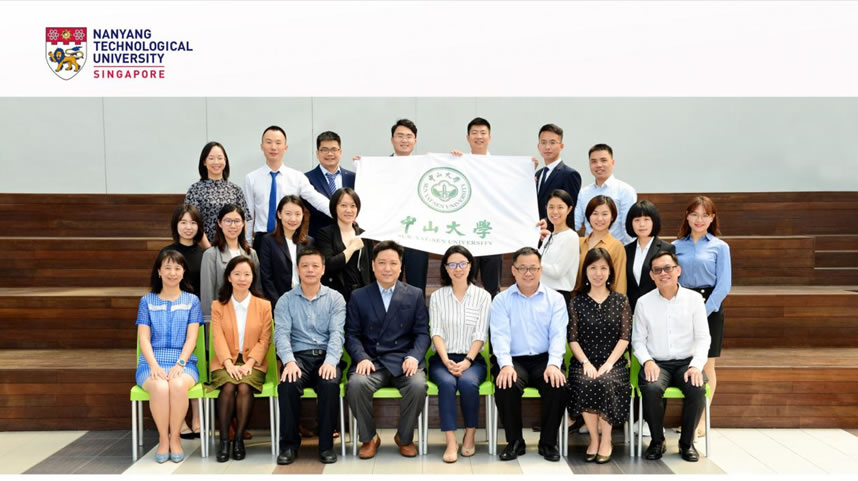
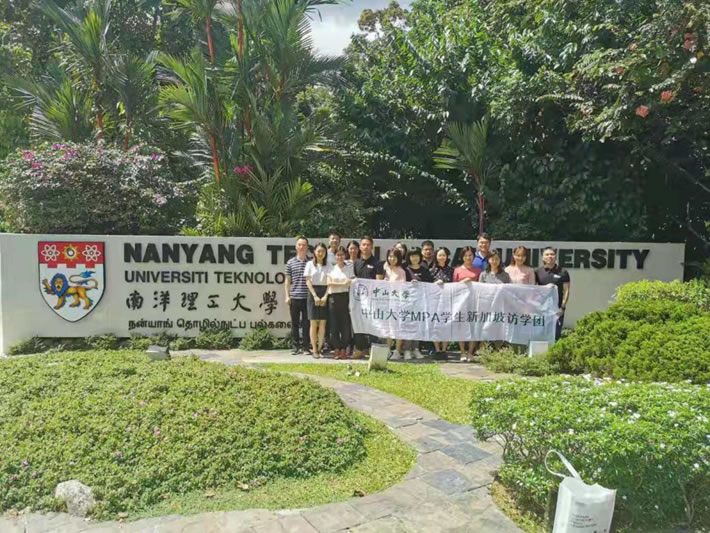
An Alternative Governance Model to Those of the Traditional Developed Countries
On the morning of January 6th, after a warm and brief opening ceremony, Professor Wang Jue, Deputy Director of the NTU Master program of Public Administration, delivered her speech with the topic of "Government Intervention and Innovation Drive: A Comparative Study of Singapore and Hong Kong" and introduced the five stages of Singapore’s economic development: labor-intensive, capital-intensive, skill-intensive, technology-intensive, and knowledge-intensive. She analyzed the role played by the Singapore government in the five stages and the interventions taken by the government against the pressure of the economic transformation and upgrading.
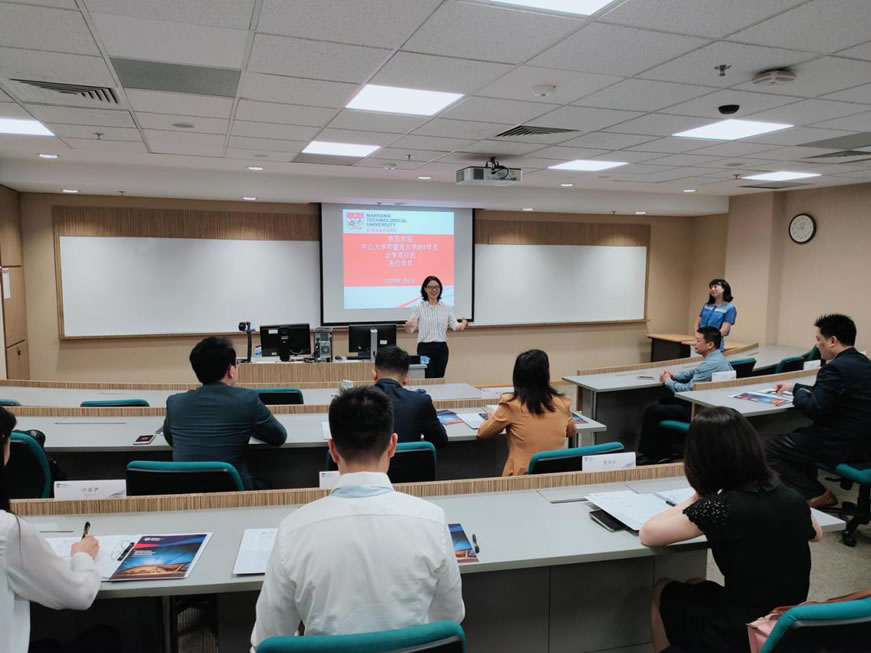
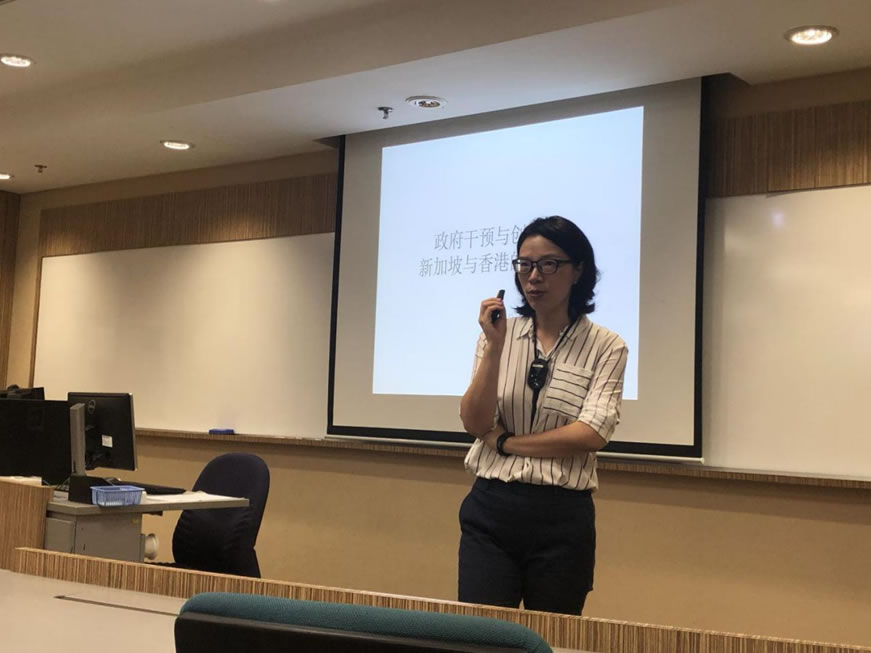
Singapore's Experience in Nation-building and Governance
On the afternoon of January 6th, the visiting professor of NTU Mr. Chan Soo Sen, a former member of Parliament and Minister of State, gave a lecture on "Singapore's Experience of Nation-building and Governance". Mr. Chan's experience in China also constitutes an important part of his career. He served as the first Chief Executive Officer of the China-Singapore Suzhou Industrial Park, a joint project between Singapore and China. In his lecture, Mr. Chan articulates the connections among Singapore’s laws (like Planning Act, Land Acquisition Act, Housing and Development Act, People's Association Act, and Enlistment Act) and public events (like settling down the official languages by the Ministry of Education and the operations of the public hospitals) through stories.
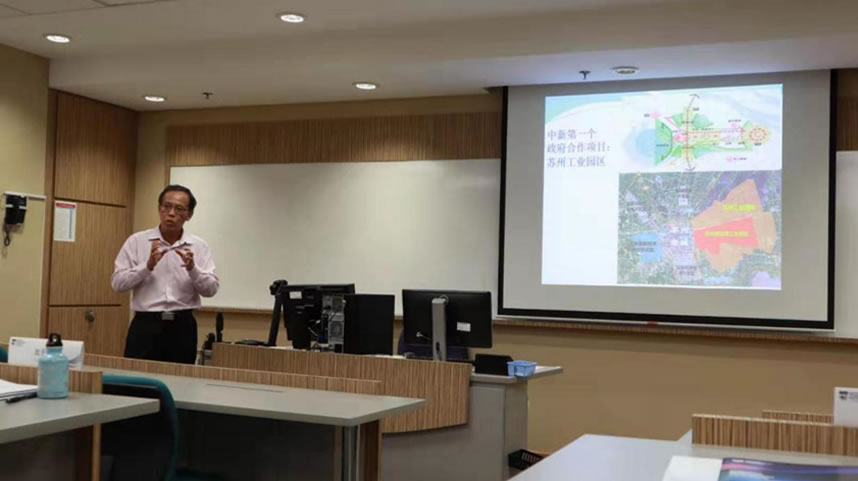
NTU Tour Experience
On the morning of January 7th, Mr. Chang Kok Wei, the Senior Executive of the Executive Development Programmes of NCPA, guided the students through the NTU campus, teaching facilities, and the Learning Hub (the Hive). NTU has a campus area of about 3,000 acres and is located on the original site of Nanyang University. Although the two universities have similar names, NTU is not a heritage of Nanyang University, but a new university established in 1981. The NTU campus is an open campus with developed transportation (with multiple bus stops) and a pastoral environment.
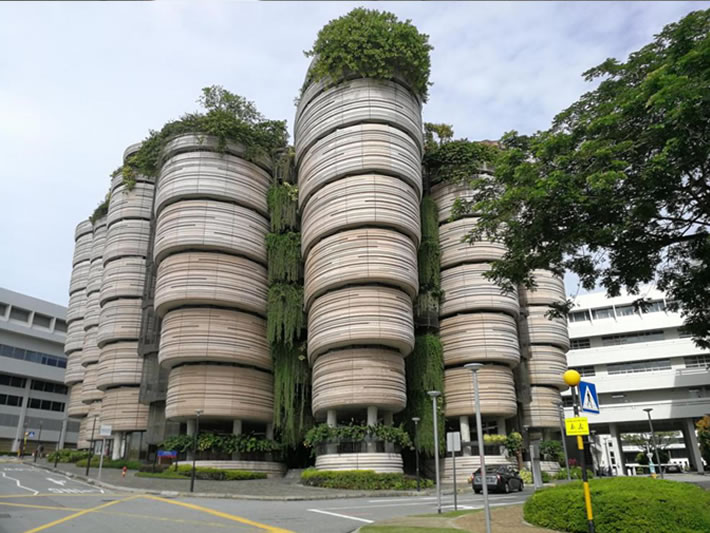
The Mystery Behind the Growth of Singapore Industrial Parks
On the afternoon of January 7th, Mr. Yuen Heng Mun, the Former Chief Planner of Jurong International, introduced the development history of Singapore and the overall structure of Singapore's modern industrial parks with the topic of "Singapore Industrialization with Modern Industrial Parks".
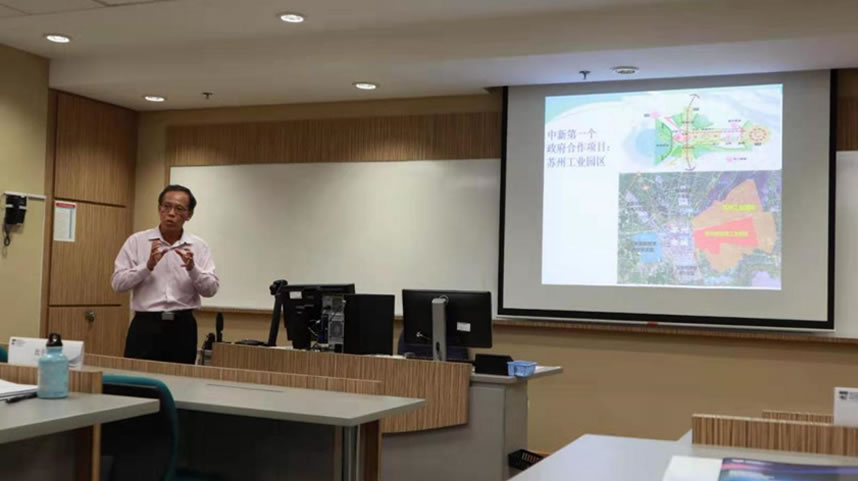
After the lecture, Mr. Yuen led the students to visit Jurong Hill (Jurong Industrial Estate), Jurong East Complex, and One-north. On the top of Jurong Hill, the students overlooked the port industrial layout in Jurong Industrial Estate and gained the whole picture of Jurong Island. In One-north, Mr. Yuen elaborated on the details of One-north, i.e. related policies for talent introduction, scientific research-related supports, and the profit distribution for achievements and patents.

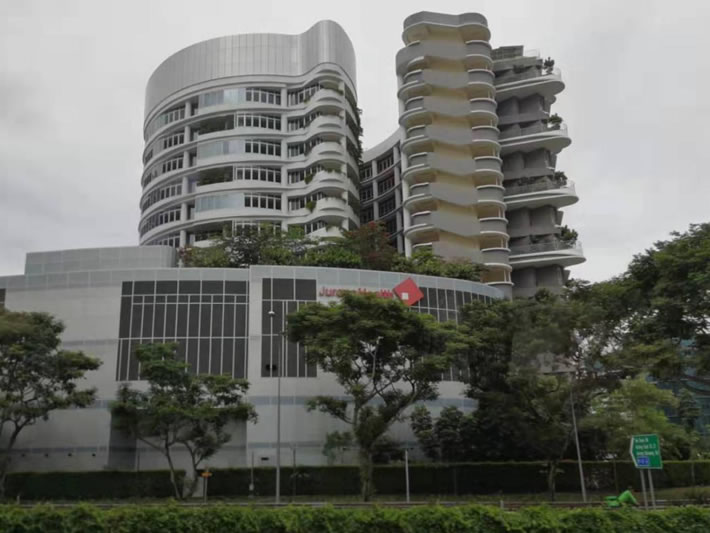
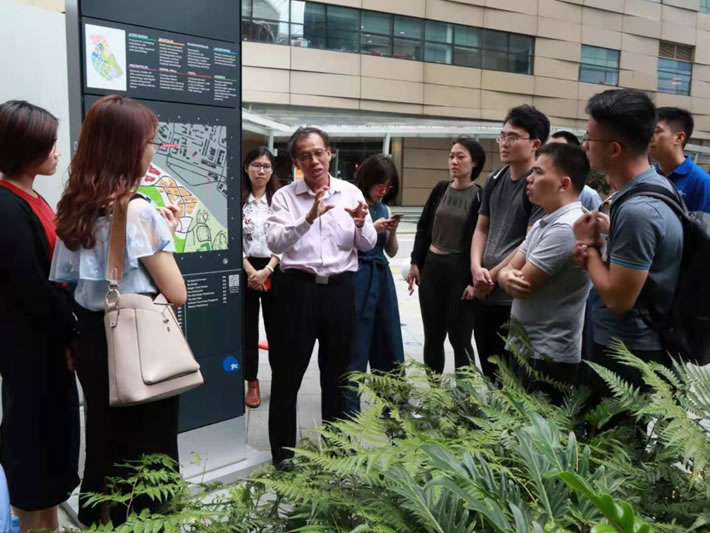
Promoting the Industrial Transformation and Upgrading
On the morning of January 8th, Mr. Dato’ Seri Douglas Foo, Member of Parliament in Singapore and President of Singapore Manufacturing Federation, gave a lecture on "Singapore’s Economic Development, Enterprise Transformation and Industrial Upgrading Experience", which talked about Singapore’s economic development history, corporate transformation and industrial upgrading, and the new characteristics and trends of the transformation of multinational enterprises.
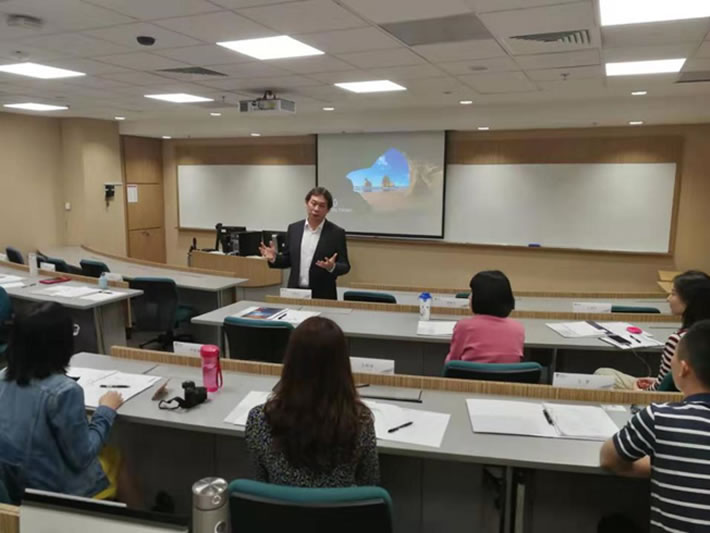
"Home Ownership" Policy: The Cornerstone of a Harmonious Society
On the afternoon of January 8th, the students visited the HDB, where they learned in detail about the purchase conditions and prices of the public houses, purchase subsidies, and the allocation ratio of the public houses among different ethnic groups. With active questioning, the students had gained an in-depth understanding of issues like the source of funds for the public houses, the property rights of the public houses, community management, and methods to ensure minimal financial losses.
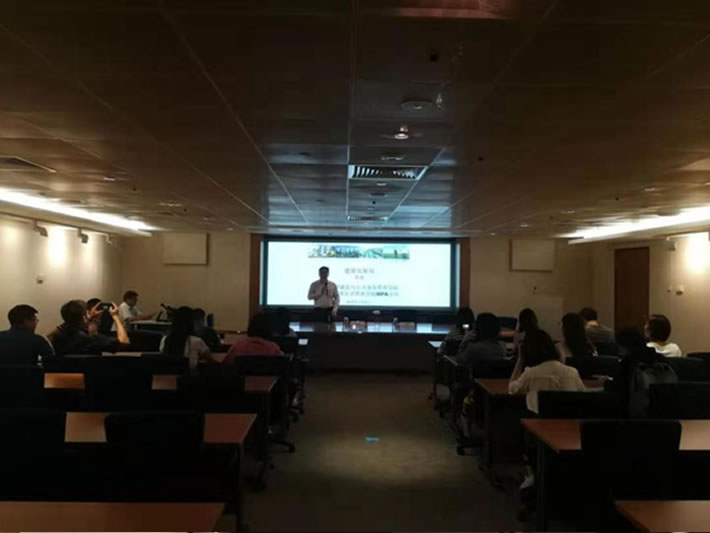
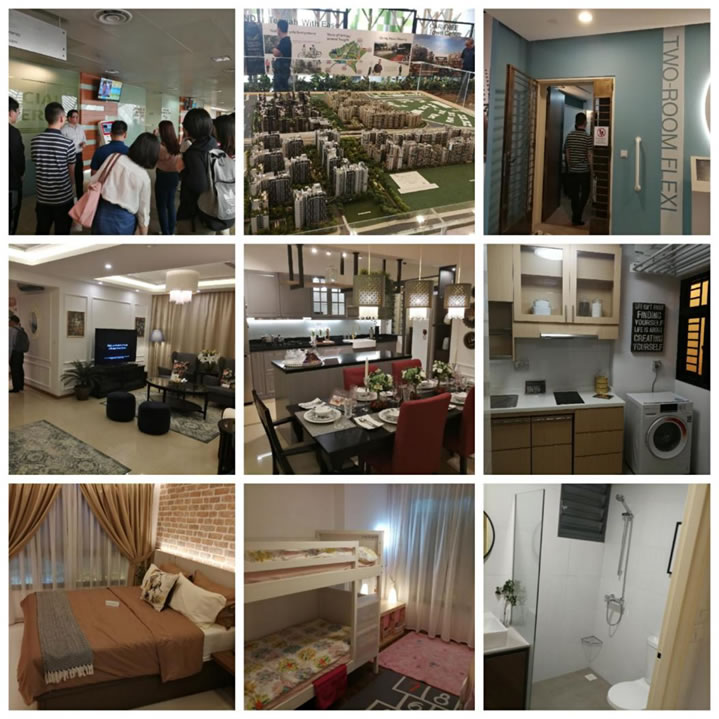
The Key to Development: Talents
On the morning of January 9th, the educational tour culminated in the keynote speech delivered by Professor Liu Hong, Director of NCPA and School of Social Sciences, "Talent Wars and Sustainable Development: Economic Development, Technological Innovation and 'City in a Garden'". Professor Liu demonstrated the economic and social development of Singapore from aspects like rankings of city-related indicators, per capita GDP, average life expectancy, innovation rankings, and the proportion of various industries in Singapore.
Talents are the key to development. Professor Liu explained Singapore's talent strategy and talent management in his speech. Singapore's talent management highlights five core issues of selection, education, employment, promotion, and retention. The characteristics of Singapore's talent strategy can be summed up as the internationalization of local talents and the localization of international talents. Zooming in, there are four specific measures for the implementation of the strategy. First, the talent strategy is directly promoted by the highest level of the authority as a national strategy. Second, government guidance, integration with the market, and multi-departmental cooperation are combined into Contact Singapore, the state manpower agency, thus enhancing the support of resources like funds. Third, equal attention is paid to the introduction, cultivation, and management of talents. Fourth, the government had set up the Community Integration Fund along with community integration policies. The government, enterprises, and communities have worked together to establish relevant institutions to integrate new immigrants into Singaporean society, which advocate that citizens should have an open mind and actively accommodate new immigrants. Professor Liu also took NTU as an example to present the specific practices of NTU's talent strategy, which includes a good academic environment, a mature talent cultivation system, annual performance appraisal, and academic development paths in line with international standards.
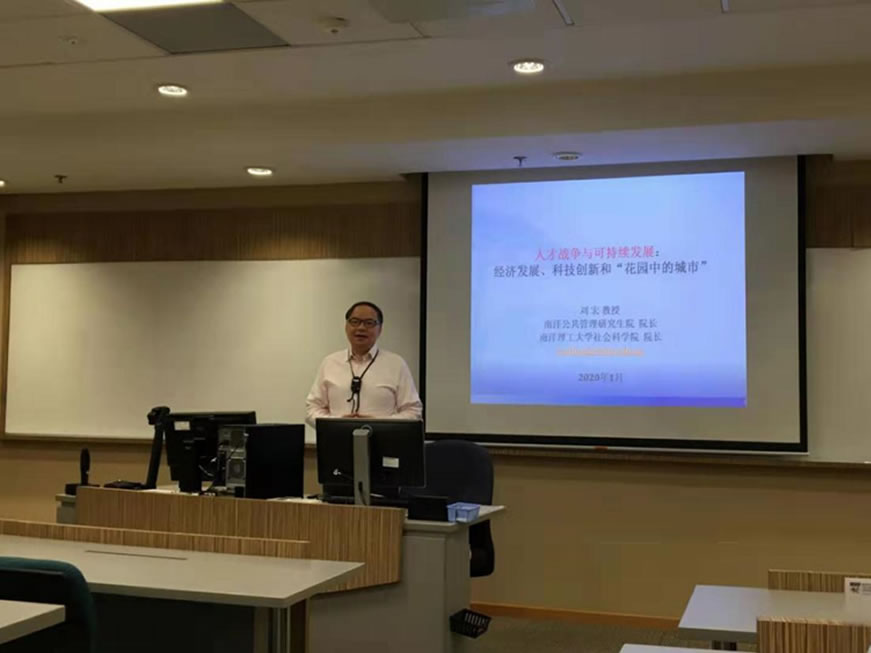
In the closing ceremony after the speech, Professor Liu Hong successively issued certificates of completion and alumni cards to visiting students, and congratulated all students for becoming "Alumni" of NTU.
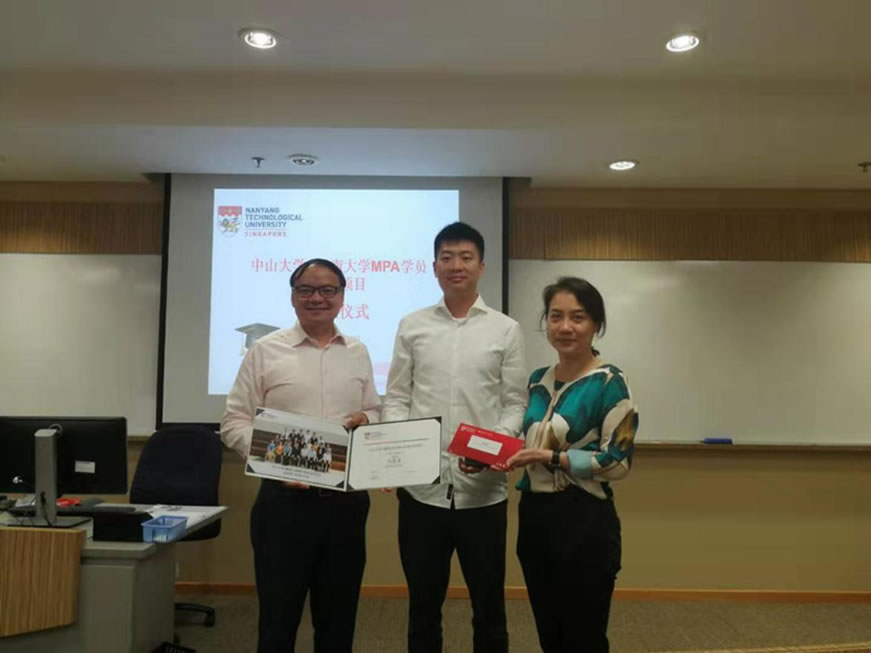
Experience of Singapore's Urban Planning and Cultural Heritage
On the afternoon of January 9th, the students first visited the Singapore City Gallery, where they watched the video materials of Singapore's urban development at various stages and saw the current Singapore urban planning.
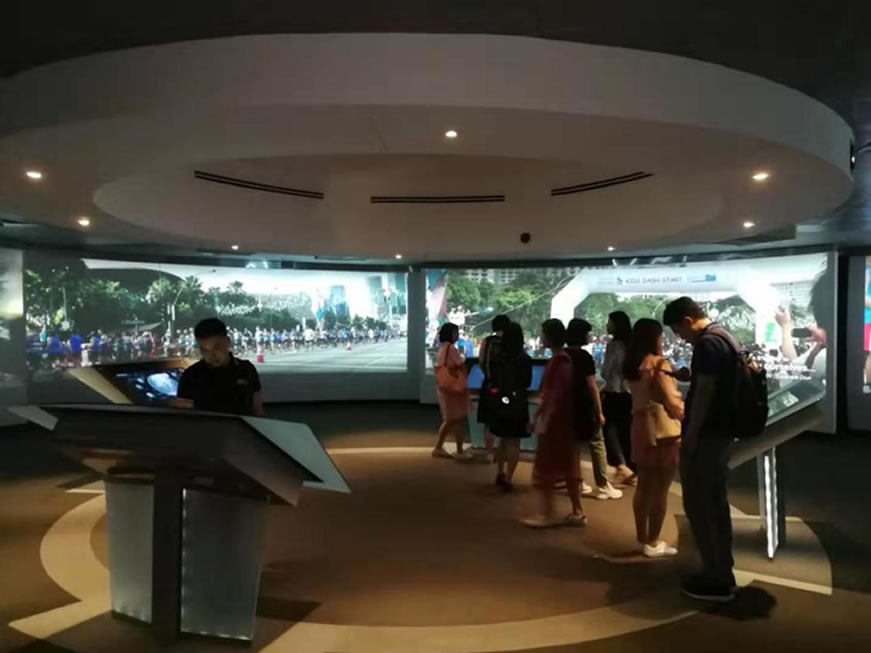
Then, they went to the Asian Civilizations Museum and visited the exhibition of artifacts of ancient Asia and the calligraphy exhibition of modern Singaporean and Chinese celebrities.
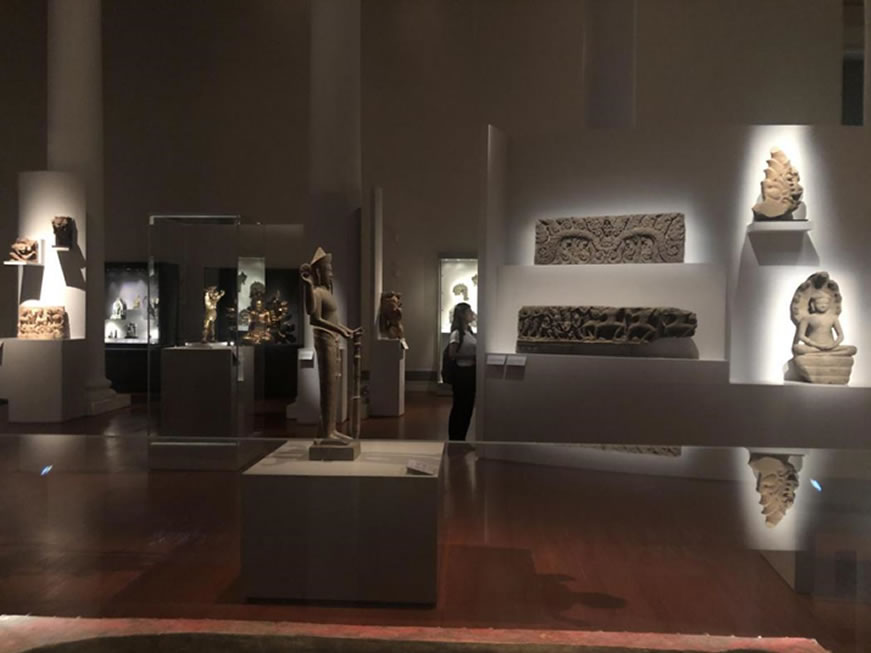
Deeper Understanding with Communication
On the morning of January 10th, NTU organized a gathering consisted of the visiting students and some NTU graduate students, who were publicly-sponsored students from China Mainland for the one-year Master program of Public Administration in NTU. At the gathering, the graduate students tried their best to answer the many questions proposed by the visiting students. With such in-depth communication, the visiting students had a more comprehensive insight of Singapore.
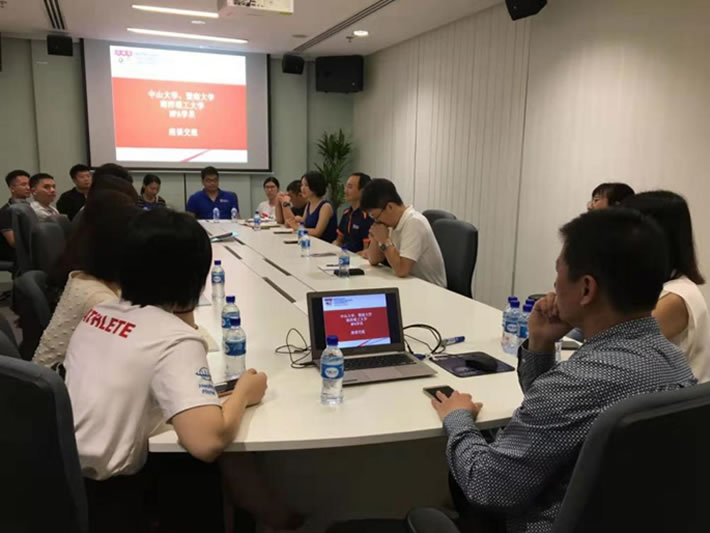
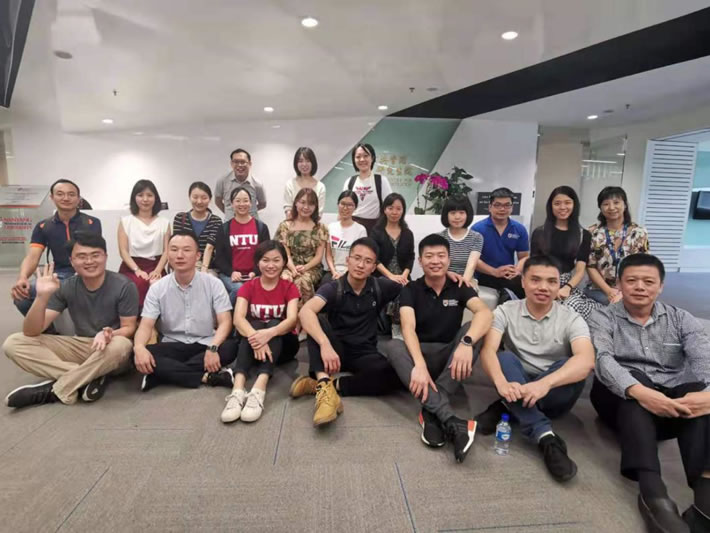
The one-week study was quite fruitful for the students: broadened global vision, a deeper understanding of Singapore’s internal affairs and diplomacy, in-depth experience of public management through on-site visits, and the enhanced friendship with each other after spending a week together. The visiting students also concluded that the overseas educational tour is a shortcut to deeply understand a country, as well as a preferred option to widen the international horizon of MPA students.
Comments of Visiting Students
The rigorous and responsible arrangements of the teachers and monitor made us feel particularly safe. The whole trip was relaxed and pleasant. Courses and visits were reasonably organized, which perfectly combined in-class theories and out-door activities. We have really gained a lot with this integration of knowledge and practice.
——Zheng Yongqiang (The Second People's Hospital of Qingyuan City), Class of 2019
The classmates came with questions. We were driven by curiosity. Before this, we had already read several books by Lee Kuan Yew and made sufficient preparations.
——Xiang Yuze (CAAC Southern and Central Regional Administration), Class of 2019
Reading is indeed important, but the balance between reading and traveling should not be neglected. This trip had taught us about Singapore’s state governance and inspired our thinking over the public management issues. This kind of "immersive" learning truly brings "real listening, real seeing, and real feeling". Specifically, when we compared China with Singapore, we have not only found gaps but also detect our own huge development advantages and strategic opportunities. This reminds us that we should make the best of our time and work hard to discover the rules of public management, which will help gradually solve our own conundrums and thus truly realize "the good governance for both the world and China."
——Wang Tingting (Dongguan Finance Bureau), Class of 2019



